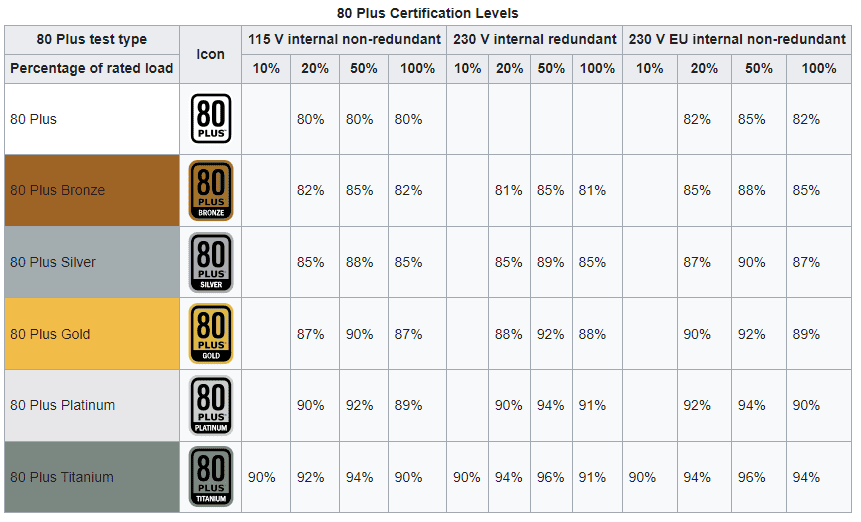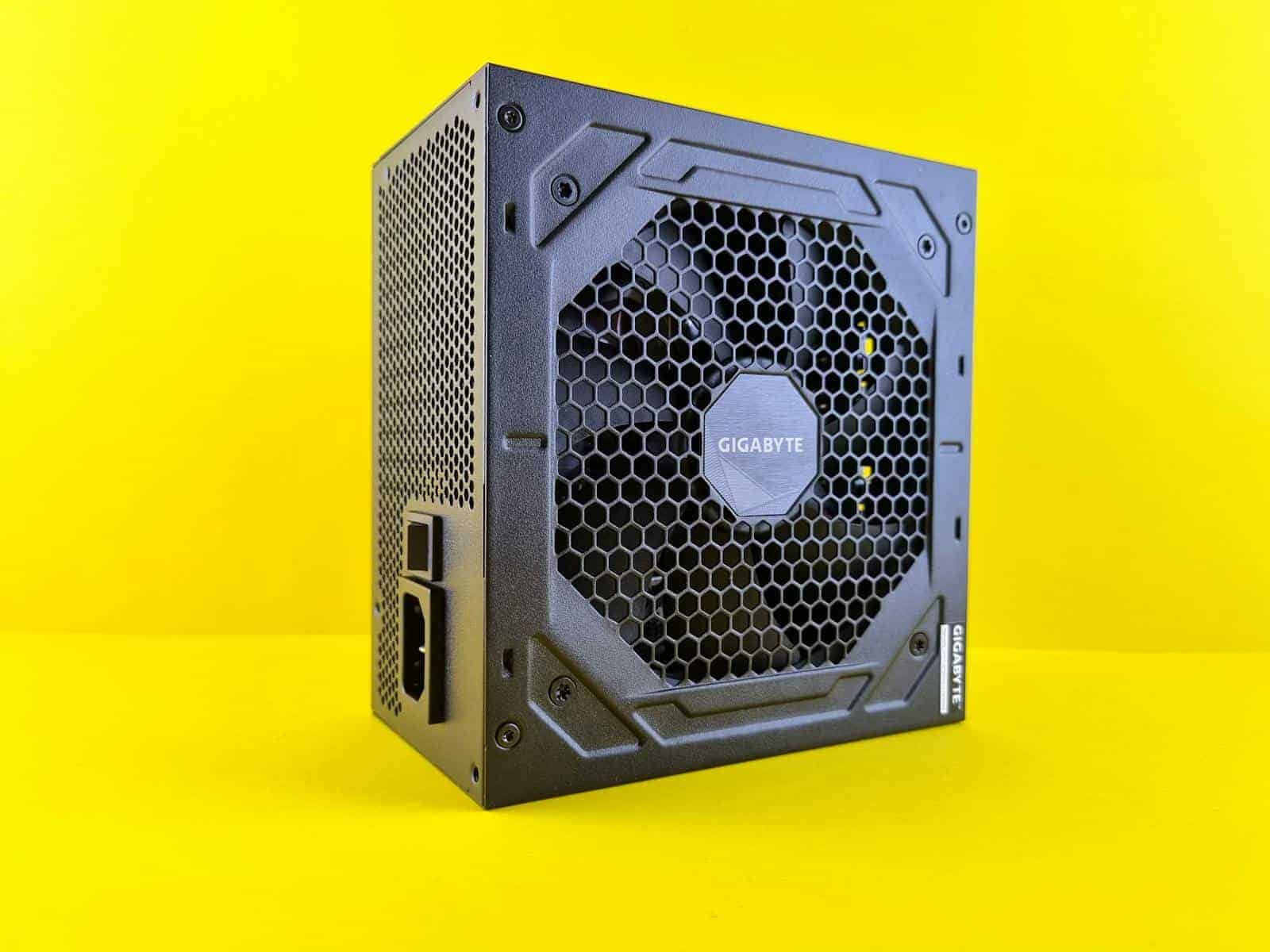Choosing an energy-efficient power supply (PSU) is important for both financial and environmental reasons. Sticking with an 80 Plus certified PSU is a good way to make sure your power supply is efficient. It’s true that uncertified PSUs can also perform well for you, but if you want to be safe and guarantee the efficiency of your unit it’s good to stick with a well-known brand that has gone through certification.
There are several certification levels in the 80 Plus spectrum ranging from ’80 Plus’ and ’80 Plus Bronze’ all the way up to ’80 Plus Titanium’ on the high end. The 80 Plus system makes it easier to pick efficient PSUs. Understanding the different levels can help you make a smart choice that saves you money and reduces your energy usage. The quality of construction, component choices, and how you use the PSU are more important factors in how long it will last.
Power Up Your PC’s Efficiency
Understanding 80 Plus Certification
In the world of computer power supplies (PSUs), efficiency is key. That’s where 80 Plus certification comes in. This voluntary program rates PSUs based on their efficiency at different load levels. Simply put, a more efficient PSU wastes less energy as heat, saving you money and reducing your carbon footprint.
Certification Levels
There are several 80 Plus certification levels, each with increasing efficiency requirements:
- 80 Plus: The baseline, requiring 80% efficiency at 20%, 50%, and 100% load.
- 80 Plus Bronze: A step up, demanding 82%, 85%, and 82% efficiency at the same loads.
- 80 Plus Silver: Even better, with 85%, 88%, and 85% efficiency.
- 80 Plus Gold: High efficiency, at 87%, 90%, and 87%.
- 80 Plus Platinum: Top-tier, requiring 90%, 92%, and 89% efficiency.
- 80 Plus Titanium: The pinnacle, reaching 92%, 94%, and 90% efficiency.
Choosing the Right PSU
The best PSU for you depends on your needs and budget. Higher-tier certifications offer greater efficiency but often come at a higher price. Consider your PC’s power requirements and how much you’re willing to spend to maximize energy savings.
Power Supply Efficiency: A Comparison
| 80 Plus Level | 20% Load | 50% Load | 100% Load |
|---|---|---|---|
| 80 Plus | 80% | 80% | 80% |
| Bronze | 82% | 85% | 82% |
| Silver | 85% | 88% | 85% |
| Gold | 87% | 90% | 87% |
| Platinum | 90% | 92% | 89% |
| Titanium | 92% | 94% | 90% |

A more efficient PSU not only benefits the environment, but it can also lower your electricity bill in the long run. So, next time you’re choosing a PSU, look for that 80 Plus badge and consider investing in a higher-tier certification for even greater savings.
“An inefficient power supply is like a leaky bucket – you’re paying for energy that’s wasted as heat.” – Tech Enthusiast
Understanding 80 Plus
At its heart, the 80 Plus certification means a PSU operates with at least 80% efficiency at certain load levels. This means that 80% of the power it draws from the wall is delivered to your components, with the rest lost as heat. There are different certification levels, each with increasing efficiency requirements:
80 Plus Certification Levels (Source: Wikipedia)
4 categories for the certification:
- 115 V lists power supplies certified for desktop, workstation, and non-redundant server applications.
- 230 V lists power supplies certified for redundant, data center applications.
- 115 V Industrial lists power supplies for industrial applications. Units may be any physical format (embedded, encapsulated, open frame, rack mount, DIN-mount).
- 230 V EU Internal power supplies are certified for desktop, workstation, and server applications in non-redundant configurations.
Fact: An 80 Plus Titanium PSU can potentially save you over $50 per year in electricity costs compared to an uncertified PSU, especially in high-performance systems.
Choosing the Right Level
Here’s a quick guide to help you choose:
- Budget Builds: 80 Plus Bronze offers a good balance of efficiency and affordability.
- Mid-Range Systems: 80 Plus Silver or Gold for optimal efficiency for most users.
- High-Performance Rigs: 80 Plus Platinum for demanding workloads or 24/7 operation.
- Extreme Enthusiasts: 80 Plus Titanium for maximum efficiency, especially in power-hungry builds.
Example: An 80 Plus Gold PSU in a system used 8 hours daily might save you $20-$30 per year compared to an uncertified model.
Beyond the Label
- PSU Calculators: Use PSU Wattage Calculator to estimate potential savings based on your usage and desired 80 Plus level.
- Quality Matters: Certification is one factor; consider PSU brand reputation and reviews for overall reliability.
FAQs
Q: Does a higher 80 Plus rating mean better PSU performance?
A: Not directly. It indicates better efficiency, which can contribute to stable power delivery and longer component lifespan.
Q: Is it worth upgrading just for a higher 80 Plus PSU?
A: If your current PSU is very old and inefficient, upgrading makes sense for potential long-term savings.







